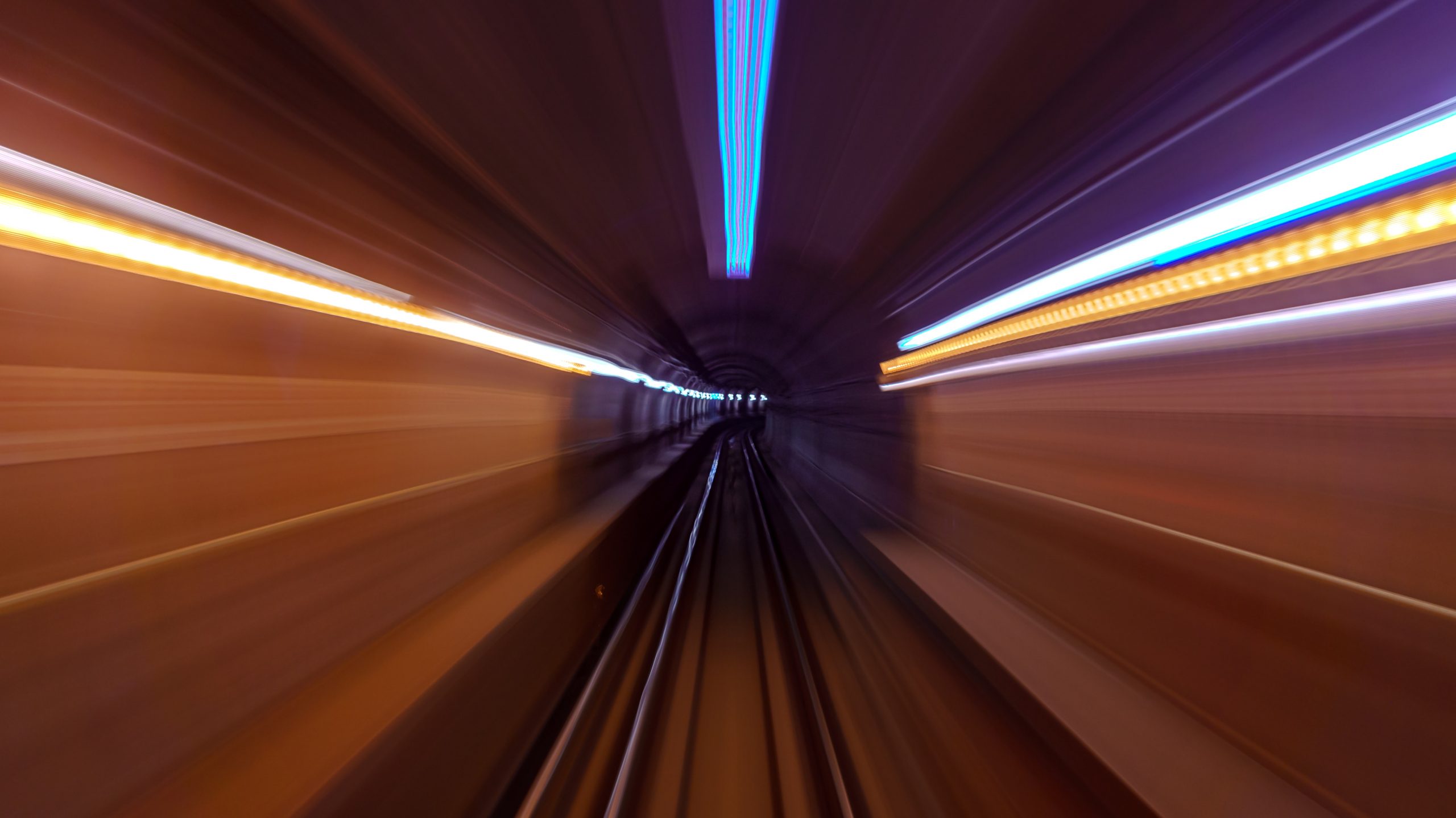
- Mobility & Infrastructures
Categories:
The digitalization of the railway sector is a driver of innovation, at various levels (operations, systems, services, infrastructures…). This process is promoting the adoption of services and solutions that increase the attractiveness of the sector, either as a more competitive transport alternative (in the midst of the boom of intermodality, as we explained, in this same blog, the case of Trambahía), or as a method more reliable and efficient for the transportation of goods.
The Spanish industry is at the forefront of global technology, exporting knowledge throughout the world (for example, in the field of high speed, where it is a benchmark). This is possible in part thanks to the intense R&D activity in the sector: 4% of turnover is invested in R&D actions, according to data from MAFEX, the Spanish Railway Industry Association. This investment makes it possible for the country to have transport networks at the cutting edge of technology, among the most efficient and sustainable in Europe. And Europe, precisely, is one of the factors that have the most weight in the present and future of railway innovation.
The impact of European funds on railway R&D
During the Horizon 2020 Program, Spain achieved the highest level of R&D collaboration projects funded by the European Commission, ranking fourth in terms of funds obtained, after Germany, the United Kingdom and France.
The funds to finance research projects included, in 2020, 2021 and 2022, 820 million euros, 1,022 million euros and 1,021 million euros, respectively, from the Recovery, Transformation and Resilience Plan.
Part of this financing is aimed at achieving a more cohesive high-capacity European railway network, eliminating obstacles to its interoperability to facilitate operations, traffic and infrastructure management, the implementation of new services…
In short, making a critical sector for Europe more competitive by reducing costs, increasing its capacity, flexibility and reliability, something that, without current R&D efforts, would be impossible. And, without these, neither would the industry’s journey towards sustainability.
Sustainability and digitalization: two axes of future mobility
In summary, part of the R&D efforts are concentrated today in Europe in two main areas: sustainability and innovation. Both axes mark the roadmap for the evolution of the industry and will continue to do so in the coming years.
There is a relationship between the two, since to achieve the ambitions of the European Green Deal and the Sustainable Development Goals it is necessary to make progress in terms of technological implementation and digitalization – as well as, for example, in the application of renewable sources and new vectors such as green hydrogen, in the transport of goods.
Everything indicates that rail transport, on the other hand, will have a leading role in European mobility in the future. This is due to its reduced environmental impact compared to other alternatives and the safety of operations, its electrification, resistance in different conditions and ability to satisfy the daily needs of clients with complex needs.
Challenges and future of the railway sector
The growth of urban centers, ambitious environmental goals, the aging of the population and other factors are transforming, like many others, this industry. These are not challenges that can be easily resolved, which is why they require a determined commitment to R&D. Increasingly, the sector must look to the future and imagine new solutions, through investment in research, rather than to the past for previous inspiration.
The future is complex and the solutions to address it are decided today. The sector addresses diverse and challenging challenges, beyond sustainability and digitalization, such as new paradigms in the industrial ecosystem, the need to optimize operations without impacting the user experience and, without a doubt, attract, train, and retain talent. To address these and other challenges, the commitment to R&D must be decisive and sustained over time. Only in this way will we be able – as in the past – to lay solid foundations to achieve a resilient and sustainable railway industry.
Jesús Planchuelo
Jesús Planchuelo is a civil engineer with more than three decades of experience in the design, management, and coordination of multidisciplinary teams in the railway sector. As Director of Railways at Sener, he is responsible for the coordination of all railway projects carried out by Sener, including those carried out both in Spain and internationally.

 About us
About us

